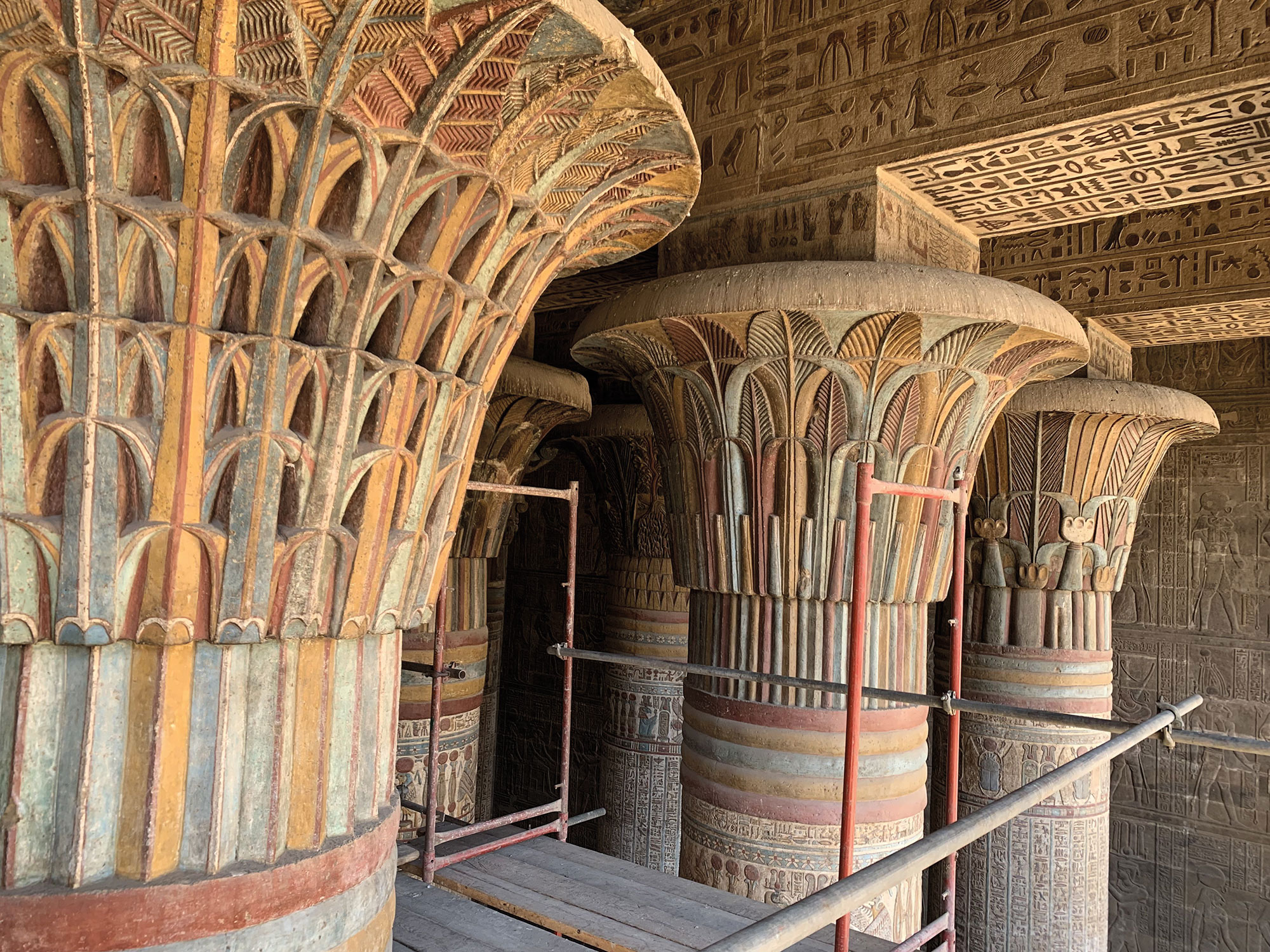LATNIJA, MALTA—According to a statement released by the Max Planck Institute of Geoanthropology, researchers have found evidence that hunter-gatherers from mainland Europe traveled to Malta around 1,000 years earlier than previously believed. Archaeologists recovered stone tools, hearths, and food waste at a cave site in Latnija that indicated humans have been living on the island for 8,500 years. This means that they arrived there even before the widespread adoption of agriculture, which contradicts long-held assumptions. Experts theorize that they made the journey in simple dugout canoes, making this new discovery the oldest evidence of long-distance seafaring in the Mediterranean prior to the invention of boats with sails. The voyagers would have relied on surface currents to cross about 60 miles of open sea. At a top speed of 2.5 miles an hour, this would have forced the intrepid seafarers to endure several hours of darkness on their journey. “The results add a thousand years to Maltese prehistory and force a re-evaluation of the seafaring abilities of Europe’s last hunter-gatherers, as well as their connections and ecosystem impacts,” said Max Planck archaeological scientist Eleanor Scerri. Read the original scholarly article about this research in Nature. To read about a Babylonian cuneiform inscription found on Malta, go to "Written on Agate."
Humans Arrived in Malta Earlier Than Expected
News April 11, 2025
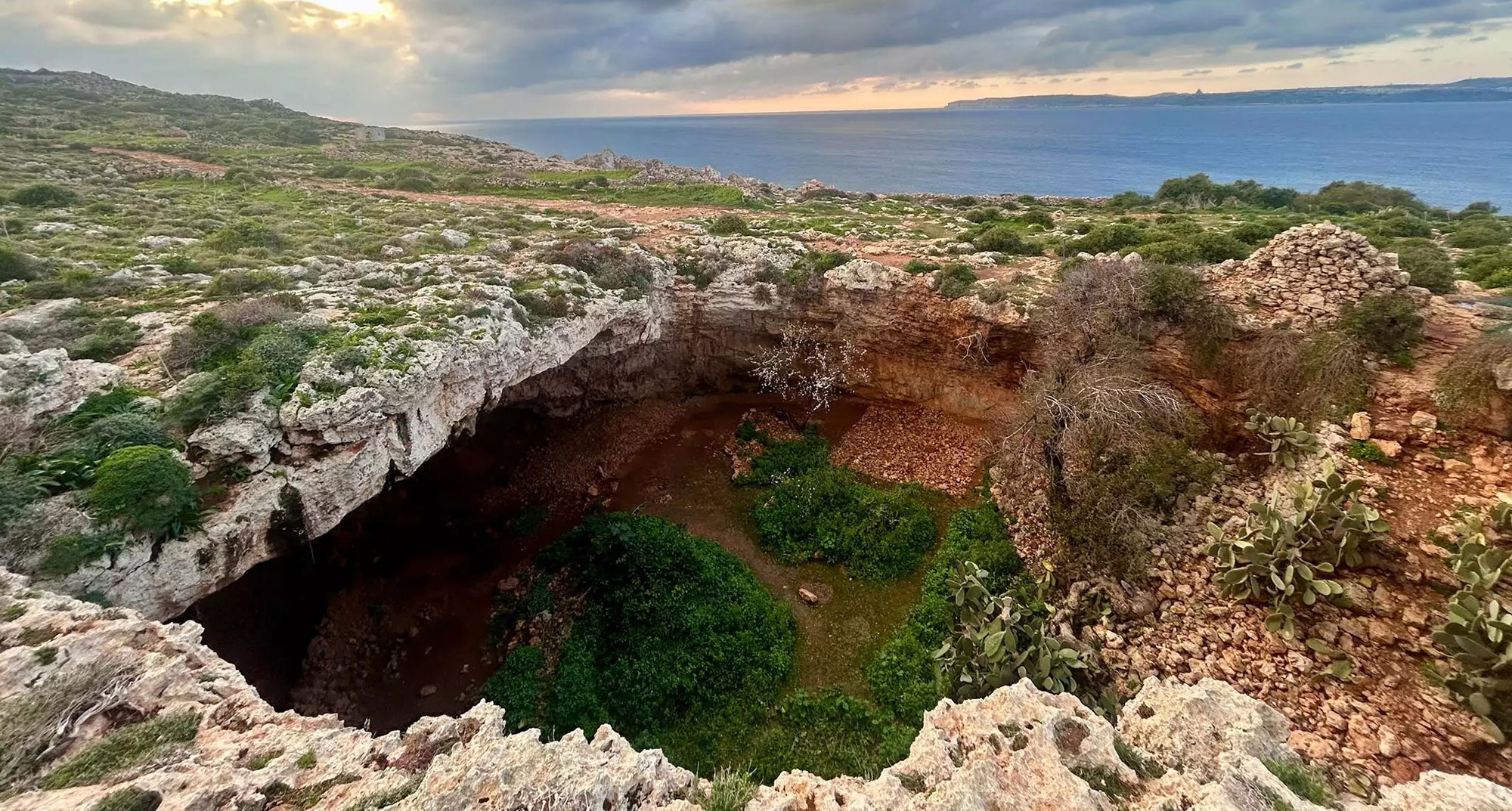
Recommended Articles
Model Homes March/April 2026
Doorways for the Dead
LOCATION: Thebes, Egypt
DATES: Ca. 1981–1975 b.c.

Model Homes March/April 2026
A Maya God’s Humble Abode
LOCATION: Copán, Honduras
DATE: Ca. a.d. 700–850


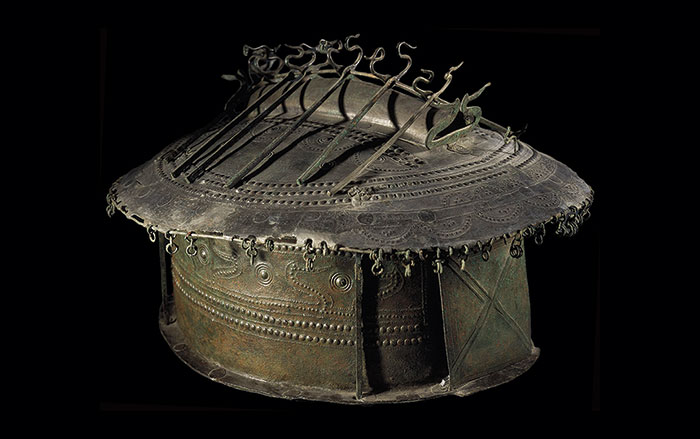
-
Features March/April 2025
The Shell Seekers
How hunter-gatherers in northern Florida facing an uncertain future revived a powerful symbol of their past
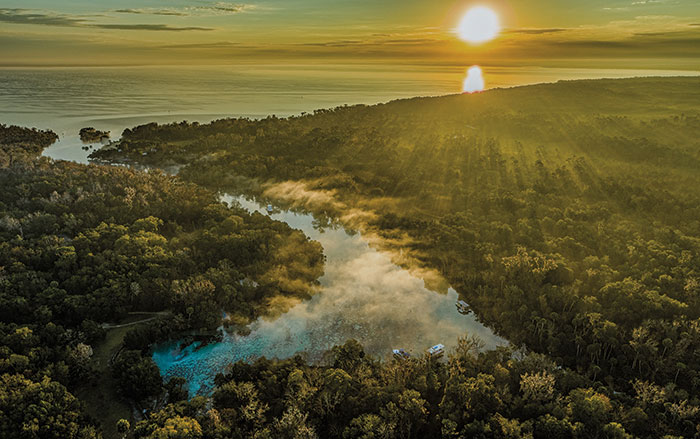 © Majka Media
© Majka Media -
Features March/April 2025
Unearthing an Elusive Empire
Archaeologists have discovered rare evidence of an enlightened medieval dynasty that ruled much of Central Asia
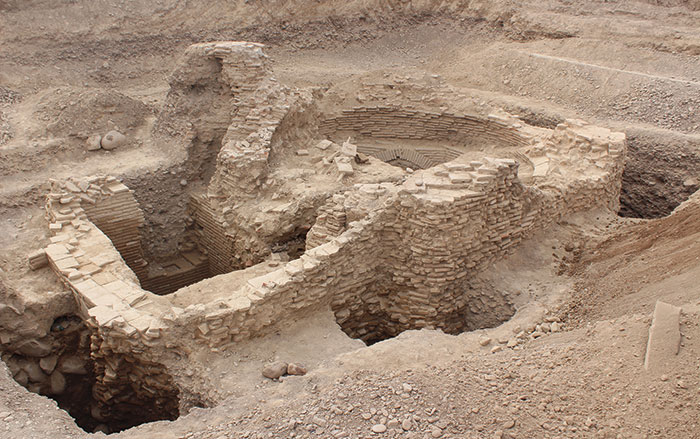 Photo by Kubatbek Tabaldiev and Kunbolot Akmatov
Photo by Kubatbek Tabaldiev and Kunbolot Akmatov -
Features March/April 2025
The Secrets of Porvenir
Remembering the victims of a 1918 massacre that shook a Texas border community
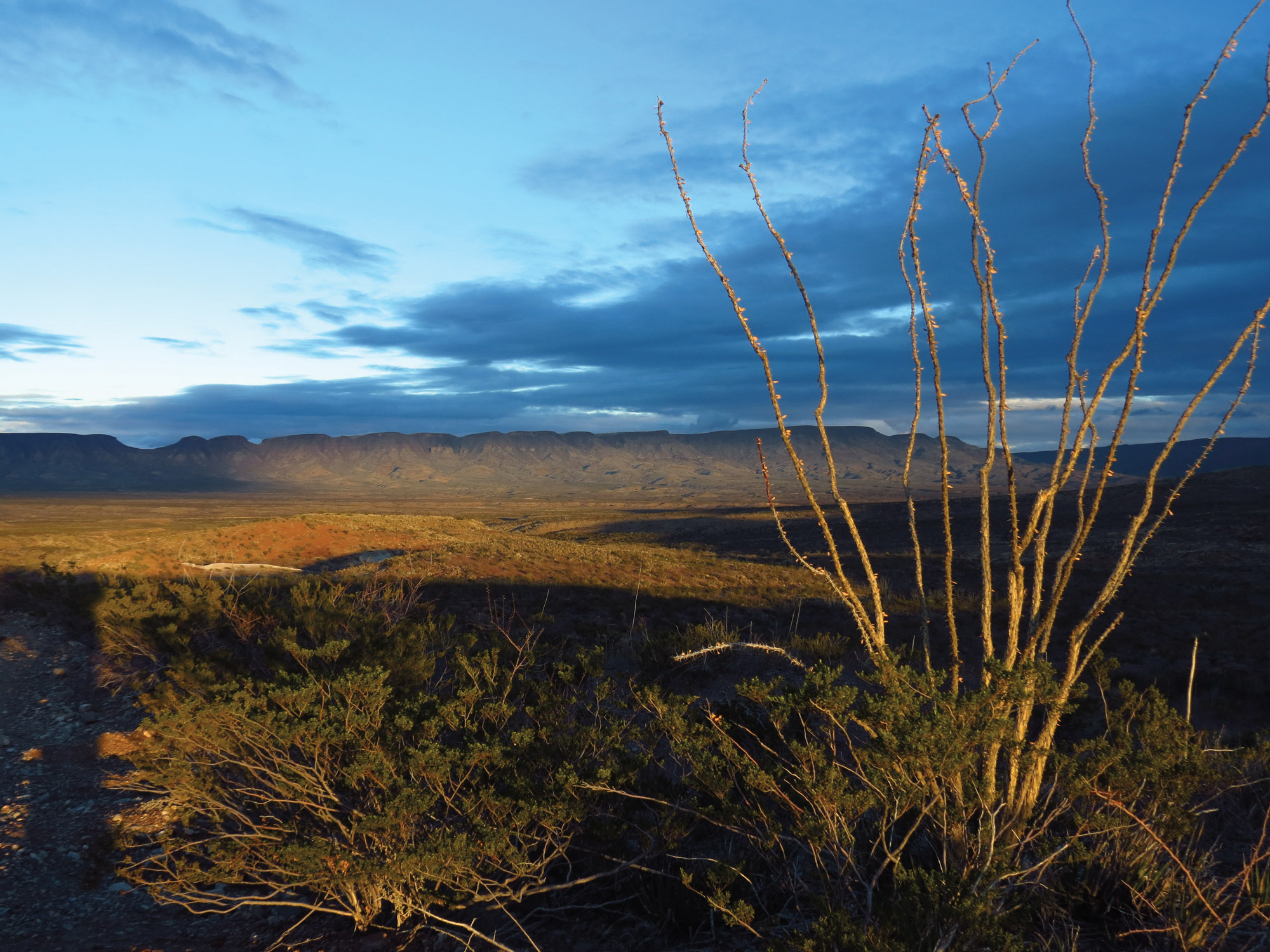 Courtesy David Keller
Courtesy David Keller -
Features March/April 2025
Ahead of Their Time
Excavations reveal the surprising sophistication of Copper Age villagers in southwestern Iran 6,000 years ago
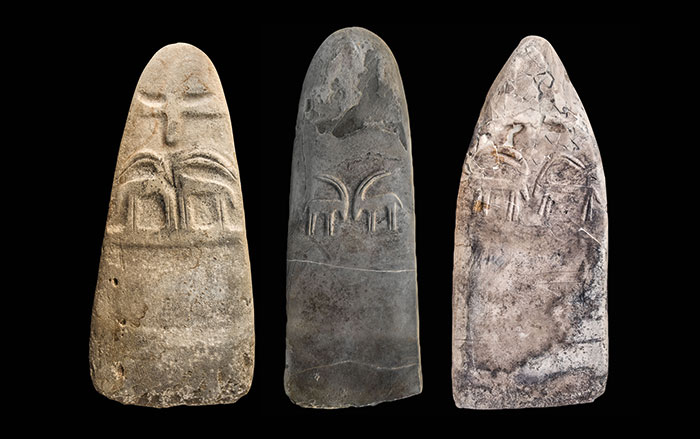 Zohreh Prehistoric Project Archive
Zohreh Prehistoric Project Archive


